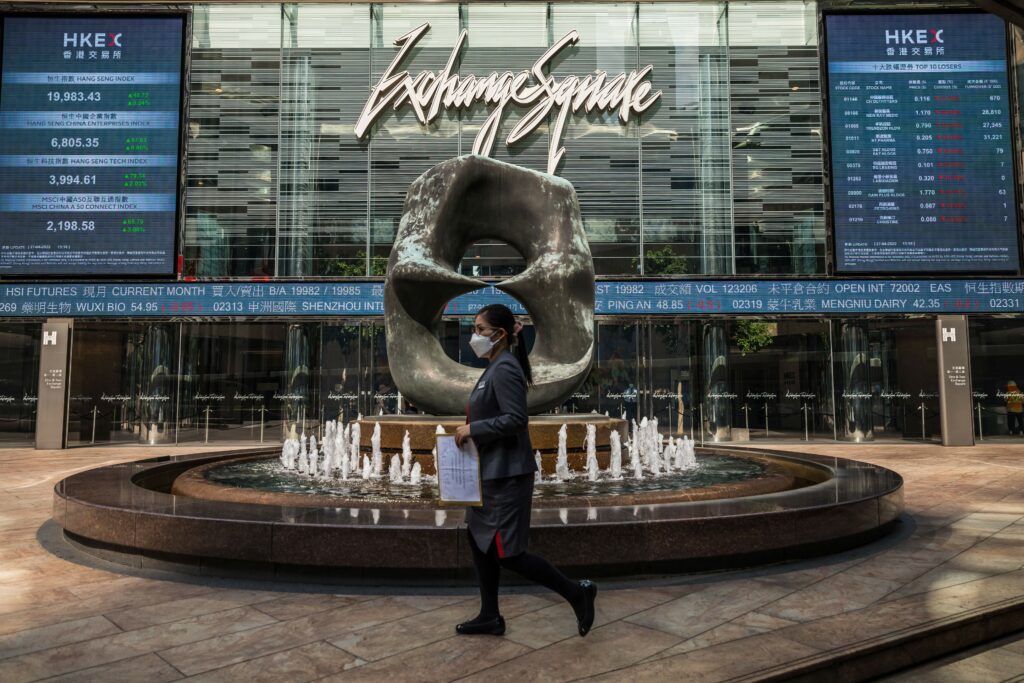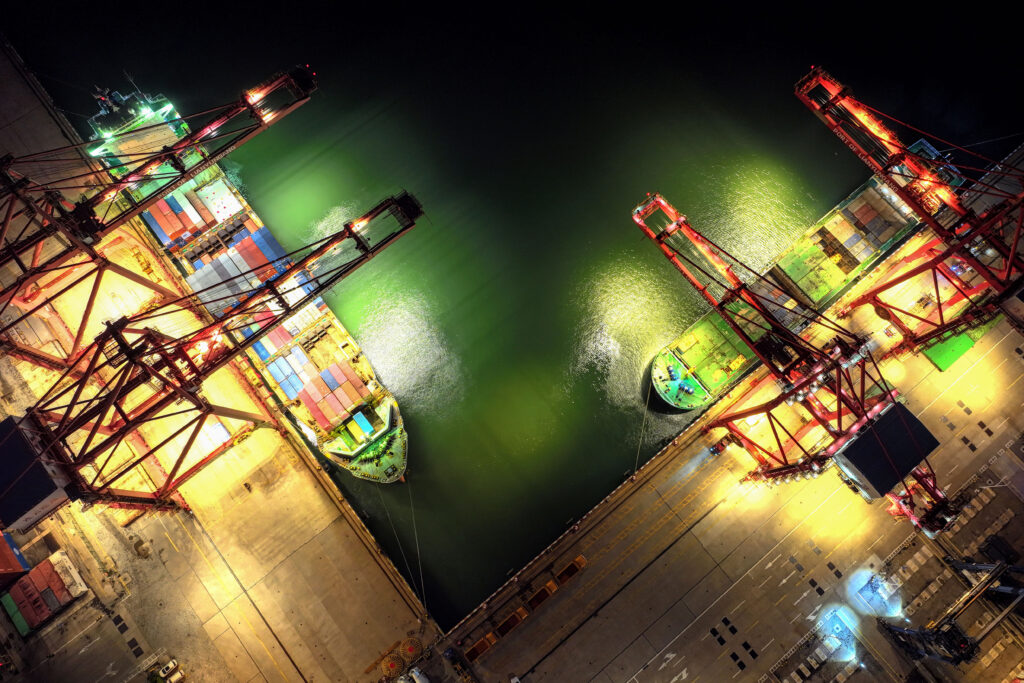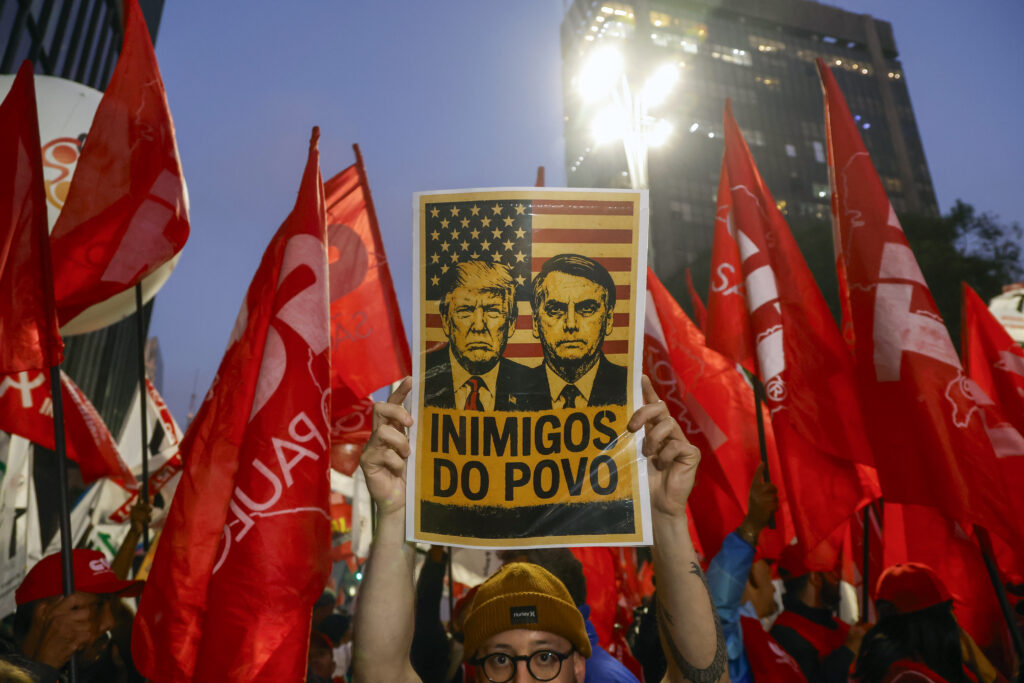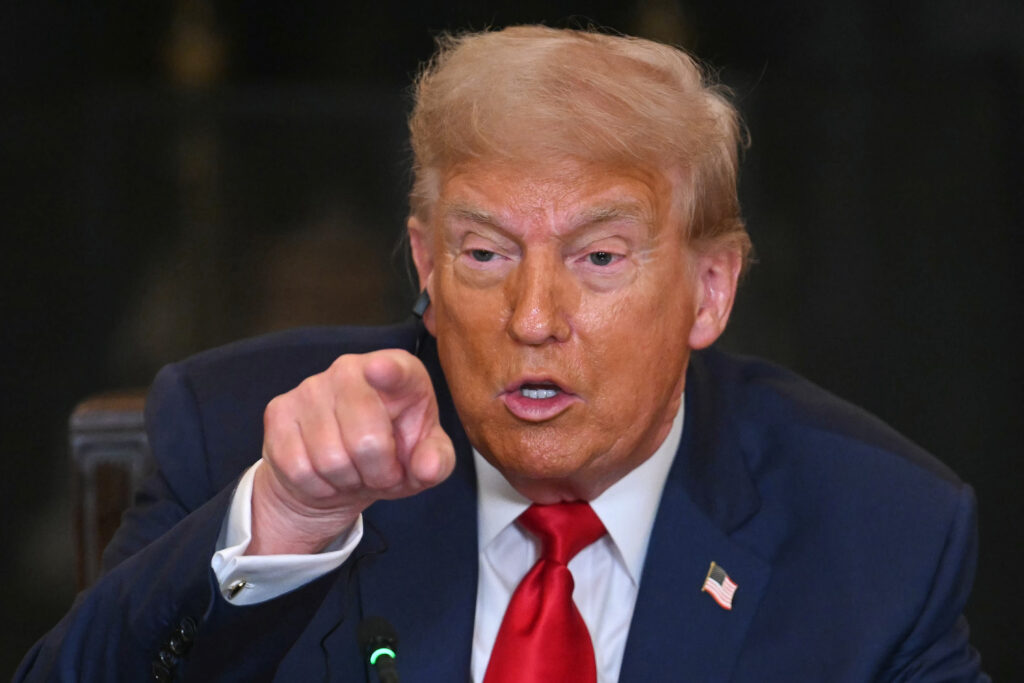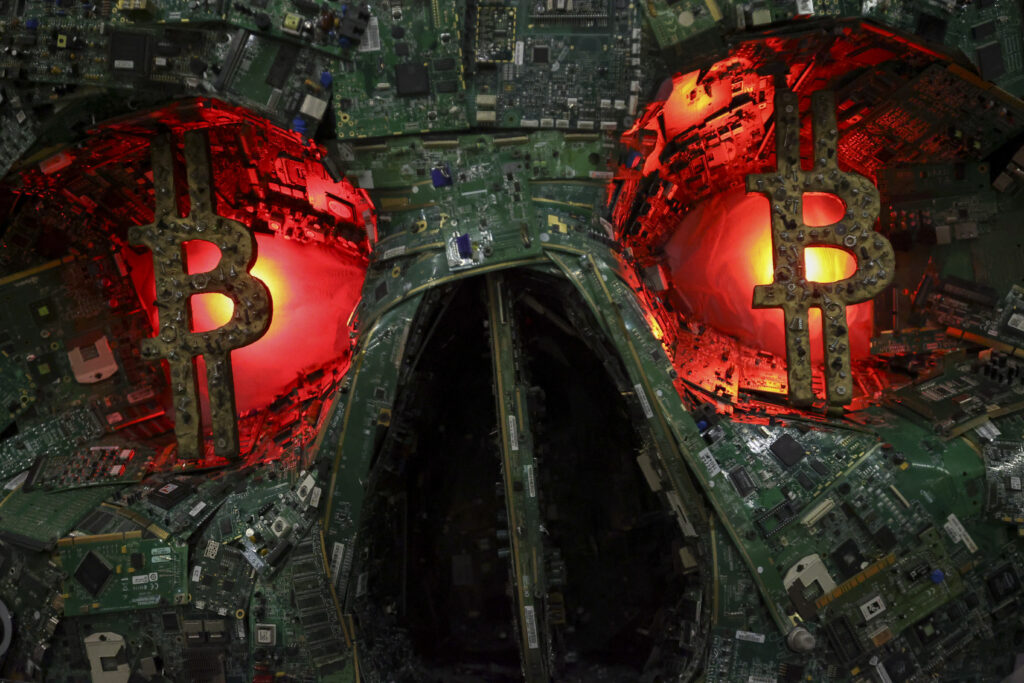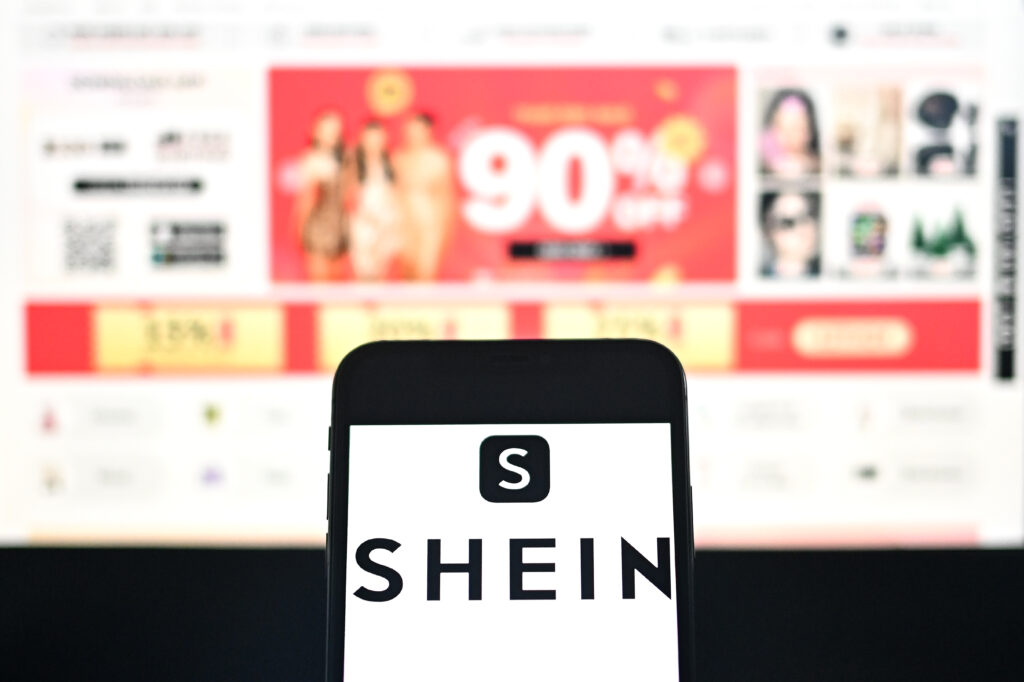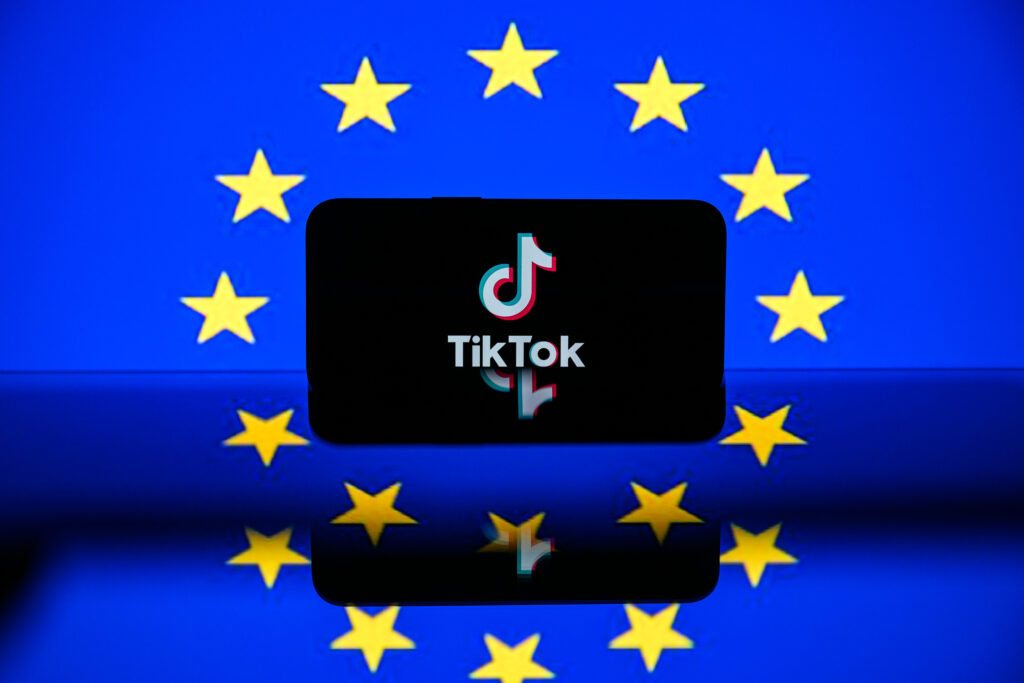Markets mixed as traders cautiously eye trade developments
Stocks were mixed Friday as investors cautiously watched trade developments as US President Donald Trump’s latest tariff salvos tempered optimism that most countries will strike a deal to avoid the worst of his levies.The US president has ramped up his trade war in the past week by firing off more than 20 letters to governments outlining new tolls if agreements aren’t reached by August 1.He has also said he would impose 50 percent tariffs on copper imports, while threatening 200 percent on pharmaceuticals, and hit Brazil with a new 50 percent charge while slamming its “witch hunt” trial of former leader Jair Bolsonaro on coup charges.Thursday saw him dial up the rhetoric by warning Canada faced a 35 percent tax, while most other countries would be handed blanket tariffs of up to 20 percent, from the current 10 percent.The moves are the latest by the White House in a campaign it says is aimed at ending decades of the United States being “ripped off”.”We’re just going to say all of the remaining countries are going to pay, whether it’s 20 percent or 15 percent. We’ll work that out now,” Trump told NBC News. “I think the tariffs have been very well-received. The stock market hit a new high today,” Trump added.Stephen Innes, at SPI Asset Management, said: “Just as the market was catching its breath at new highs… President Trump tugged the rug again.”A new act in the tariff opera… Trump is less policymaker than ringmaster, whipping markets with one hand while feeding red meat to his base with the other. “Every letter sent to a trade partner is a chess move disguised as a slap.”While his initial bombshell announcement of tariffs on April 2 sent markets into turmoil, until he paused them for three months, the latest measures have had less impact.Analysts say traders now expect a deal or another delay, while investors appear to be waiting until a deal is done or the tariffs kick in. All three main indexes on Wall Street rose Thursday, with the S&P 500 and Nasdaq hitting fresh peaks, hours after the FTSE in London had done so.Asia started Friday on a strong note but lost momentum as the day progressed.Hong Kong, Singapore, Taipei, Bangkok and Jakarta rose, while Tokyo, Sydney, Seoul, Manila, Mumbai and Wellington fell. Shanghai was flat.London edged down in the morning as data showed the UK economy unexpectedly shrank in May, while Paris and Frankfurt were also in the red.Australia and New Zealand Banking Group’s Khoon Goh said Asian investors were expected to “pare back their positions ahead of the weekend, to avoid any whiplash that could occur next week on further tariff news over the next couple of days”.- Key figures at around 0810 GMT -Tokyo – Nikkei 225: DOWN 0.2 percent at 39,569.68 (close)Hong Kong – Hang Seng Index: UP 0.5 percent at 24,139.57 (close)Shanghai – Composite: FLAT at 3,510.18 (close)London – FTSE 100: DOWN 0.1 percent at 8,968.55Euro/dollar: DOWN at $1.1689 from $1.1698 on ThursdayPound/dollar: DOWN at $1.3547 from $1.3576Dollar/yen: UP at 146.82 yen from 146.19 yenEuro/pound: UP at 86.29 pence from 86.16 penceWest Texas Intermediate: UP 0.7 percent at $67.04 per barrelBrent North Sea Crude: UP 0.6 percent at $69.03 per barrelNew York – Dow: UP 0.4 percent at 44,650.64 (close)
